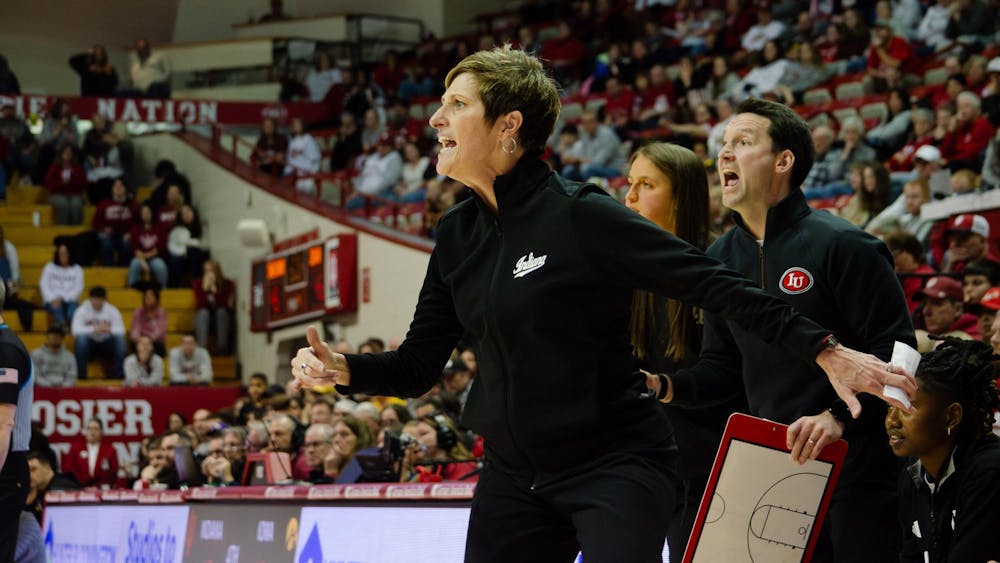James Polk, an IU alumnus and Pulitzer Prize-winning investigative journalist, came out of retirement to work on a CNN documentary, “We Were There: The March on Washington—An Oral History.”
Polk graduated from IU in 1962, during the heart of the civil rights movement. He graduated with a degree in government from the College of Arts and Sciences, and was president of his sophomore class.
A former senior producer for CNN, Polk returned to the company to lead its newest documentary, which aired last weekend.The hour-long feature tells the stories of those who attended and organized the March on Washington, using their own words to express the significance of that summer day in 1963.
Polk spoke with the IDS about his documentary, the march and his experiences at IU during the 1960s.
IDS: What were some of your most memorable interviews?
Polk: My favorite interview was a man who was 15 years old from Alabama. After Birmingham (the 1963 riots), he still has the burn scars of cattle prods. It was 1963 — it wasn’t pretty.
Ten days before the march, a group of guys ages 15 to 16 said they wanted to go to the March on Washington, but they didn’t have money for the bus. So they said, ‘Let’s hitchhike.’ It had to be crazy considering all the things that happened then. They got to Washington in three nights hitchhiking and ended up working in the local office for the march, making the signs.
On that Saturday before the march, the civil rights leader walked in. MLK sat down with them for about 20 minutes, talking with them about their dreams.
We also found people in their early 20s who worked the office in Harlem. There were 10 phones, and they were ringing all the time. One woman was so tired when she got to the march on Wednesday that she fell asleep. She slept through all the speeches. She realized she missed, in her words, the greatest speech of the century.
That’s the kind of human stories you want to find. You want to have real people telling real stories.
Indiana University stories have some link to the civil rights movement. On the freedom ride to complete the journey to Jackson, Miss., one of them was an IU student president from Elkhart, Tom Attkins.
He was one of the freedom bus riders who completed the ride. He carried a gun.
IDS: How many sources did you interview and did you include all of them?
Polk: Twenty-one individuals — we used all of them. Each of them helped tell a story.
It’s like making a quilt. There’s no narration.
That’s why I was brought out of retirement to do it, because we knew it was going to be hard. You don’t want the stiches and the seams to show — you want it to be natural.
IDS: Why is it important for us to continue to commemorate the March on Washington?
Polk: Not commemorate it, understand it. It’s part of our heritage, and this is the bad and the good.
We start with what segregation was like in the South. People your age, and probably your parents, have little grasp of what an apartheid part of this country was.
In the documentary, we began with samples of segregation. White and colored water fountains. If they didn’t have a colored bathroom, you couldn’t go.
This wasn’t just a merry little day in the park. This was a cry for attention, and it
succeeded.
IDS: Did you witness segregation or racism during your time at IU?
Polk: The Klan once thrived in Indiana. Indiana was not immune to the
bigotry. But by and large no. I was a decent friend of the center of the basketball team who won an Olympic gold medal. Fraternities didn’t allow blacks, or sororities. But Indiana University did not feel threatened by blacks because there were so few of them. There wasn’t the exposure like there was in the South.
Follow reporter Samantha Schmidt on Twitter
@schmidtsam7.
Alumnus documents March on Washington
Get stories like this in your inbox
Subscribe





